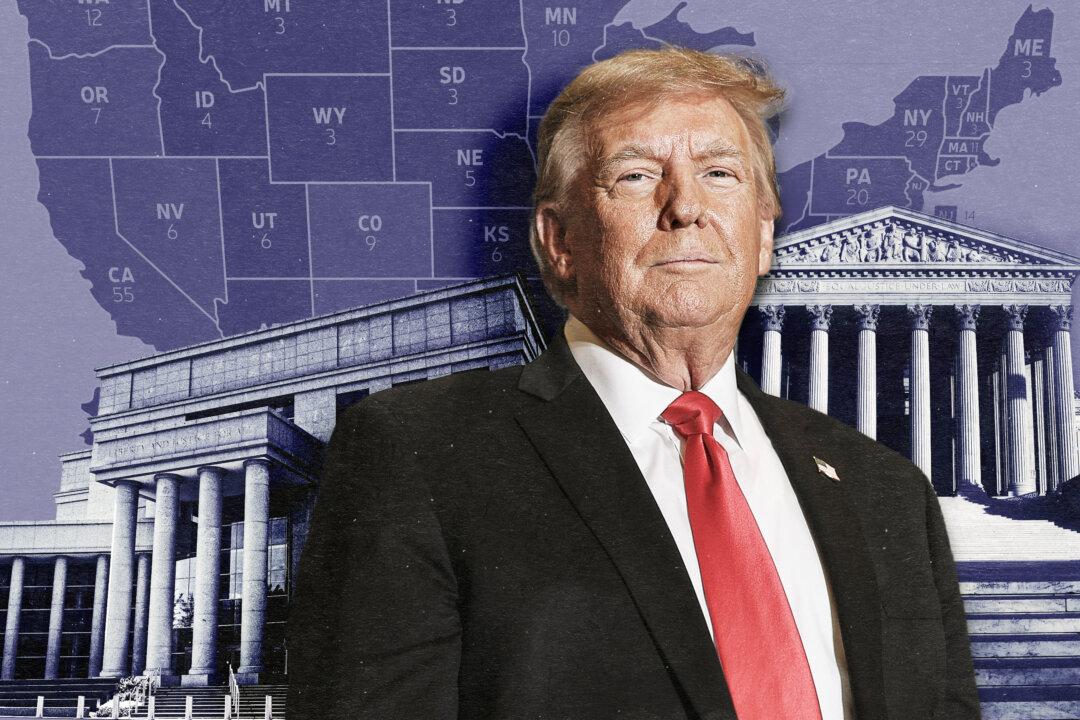Commentary
Please consider the ominous implications of the decision of the Colorado Supreme Court to block former President Donald Trump from the primary ballot. The court has dug through the U.S. Constitution to find something, anything, to stop him. They landed on Section 3 of the 14th Amendment, the so-called disqualification clause.





